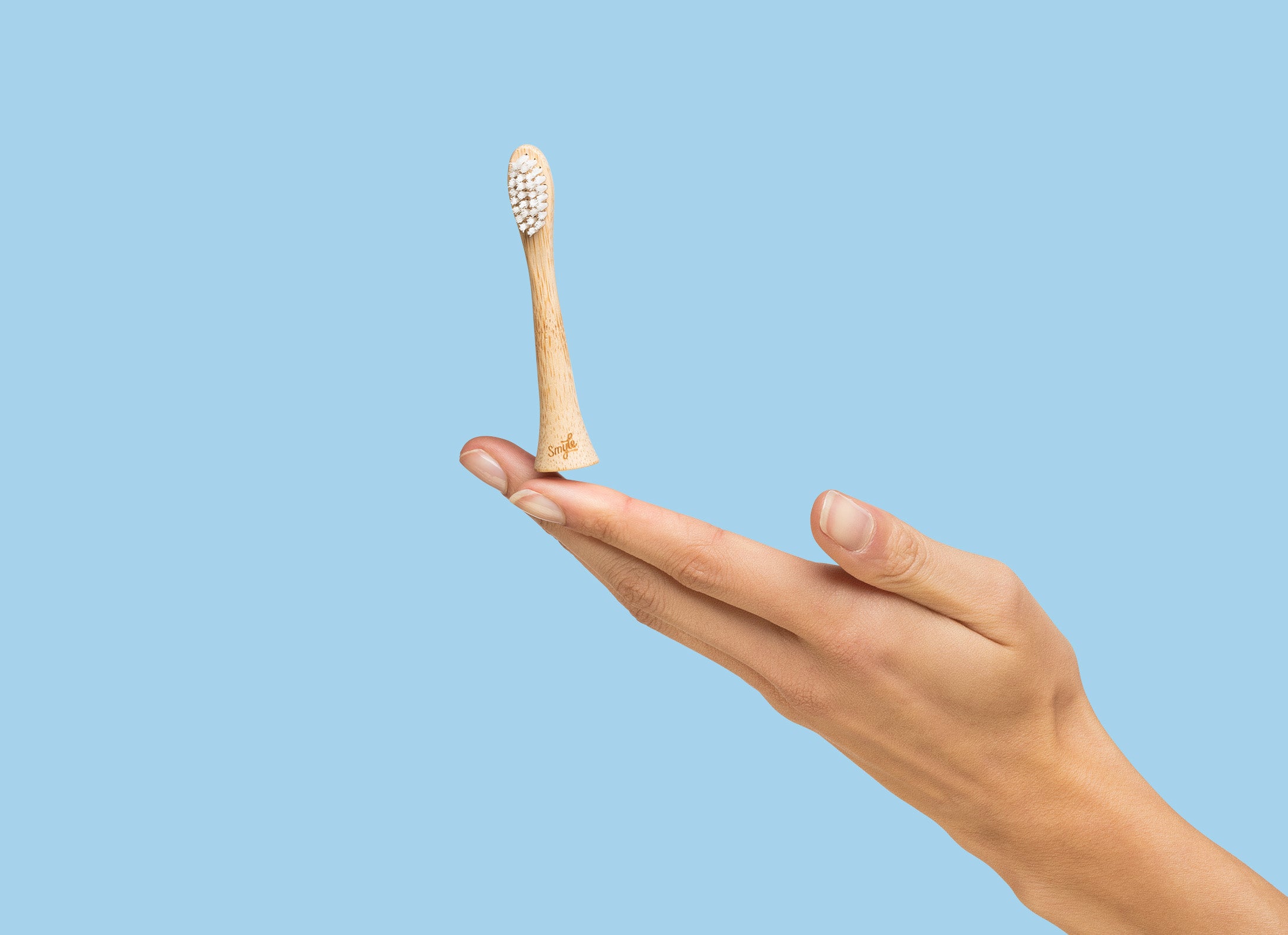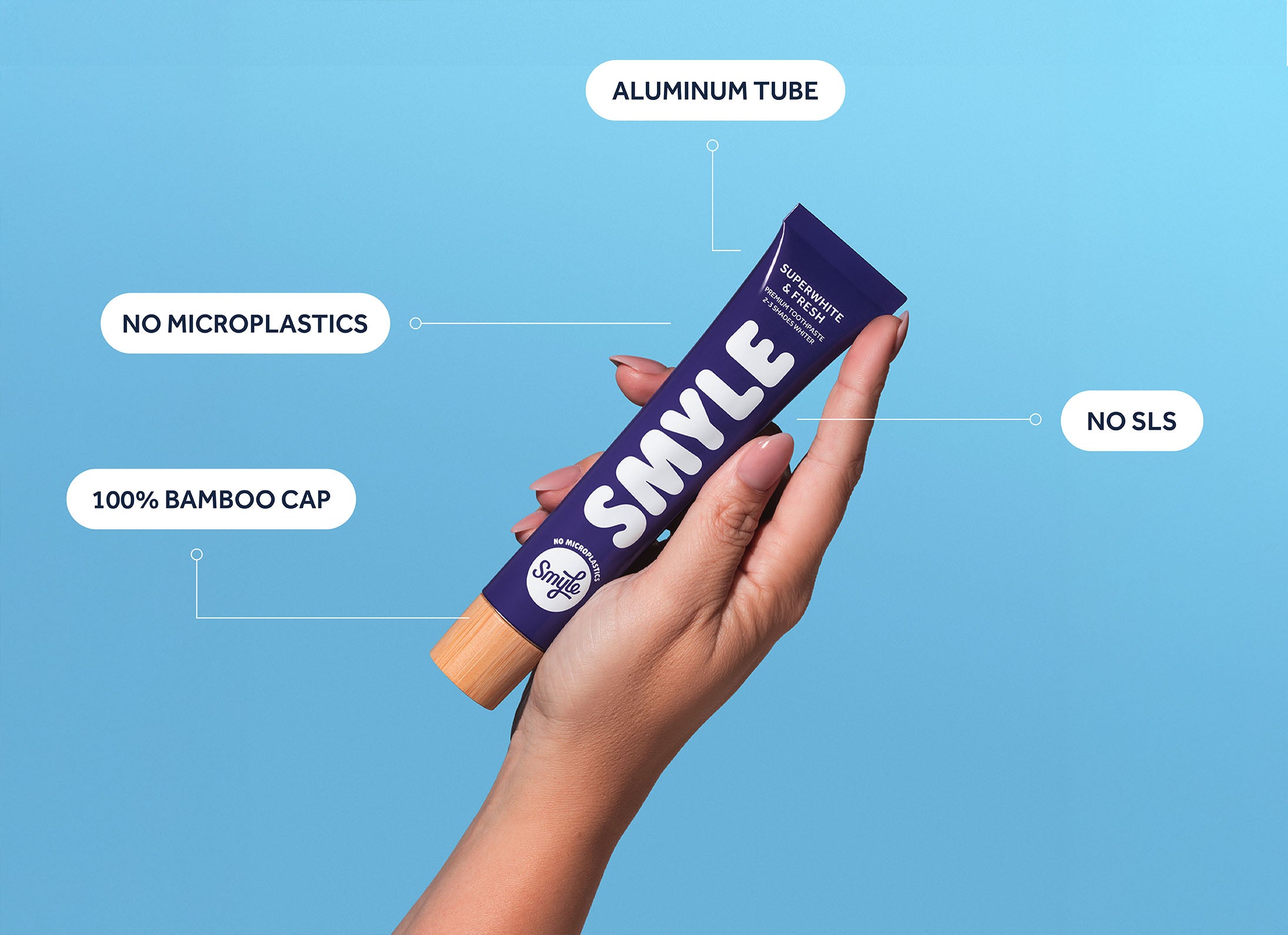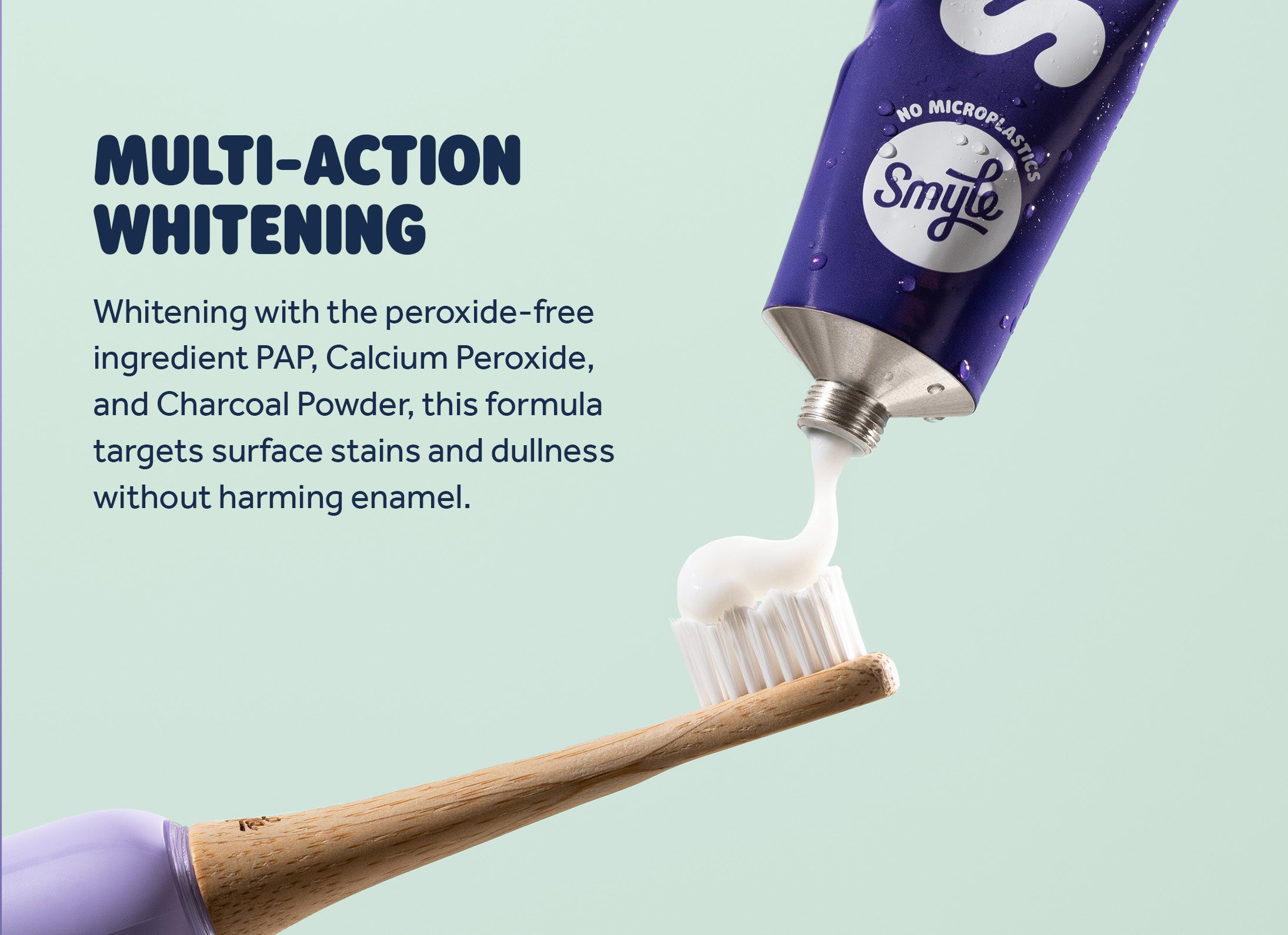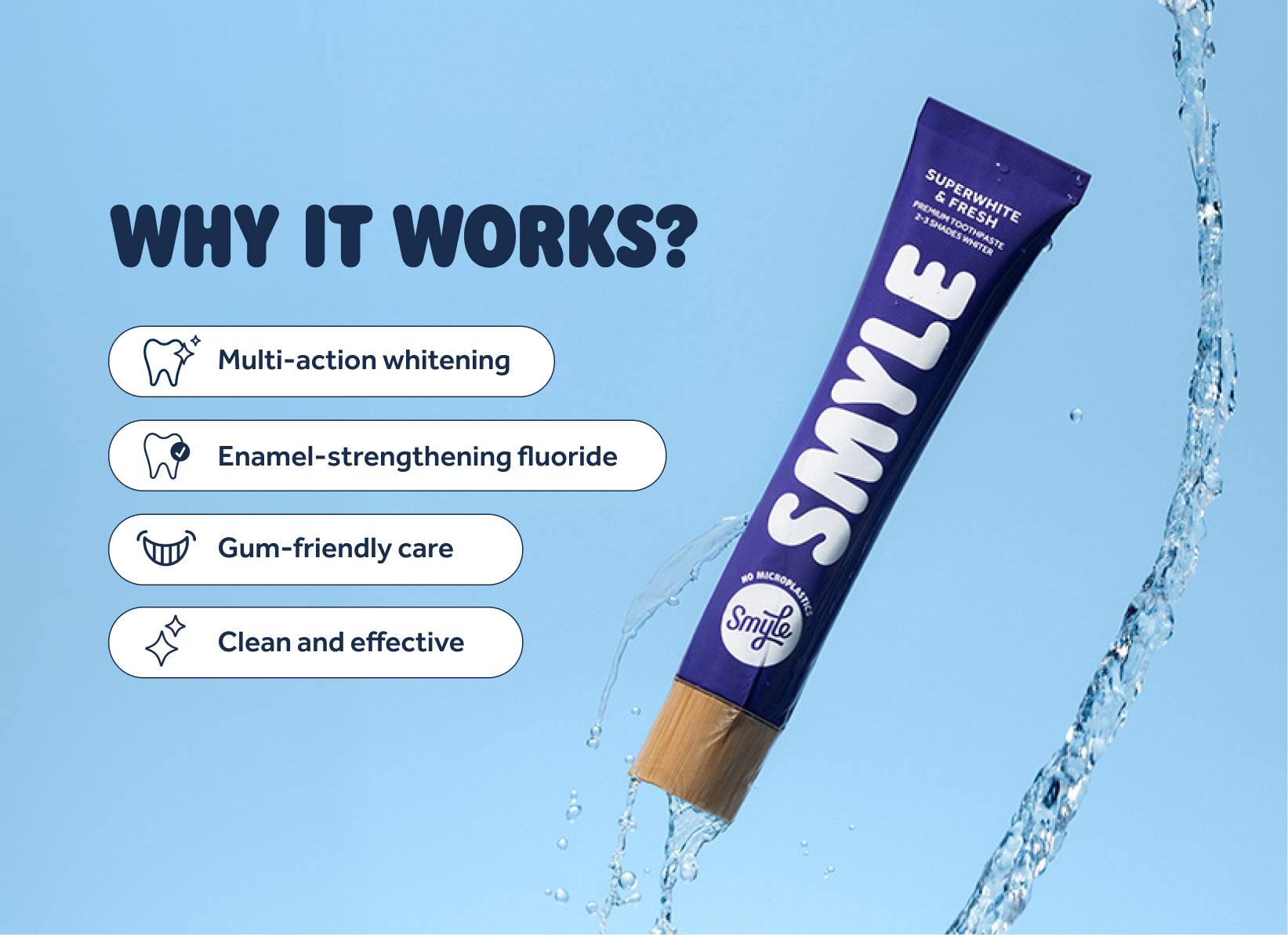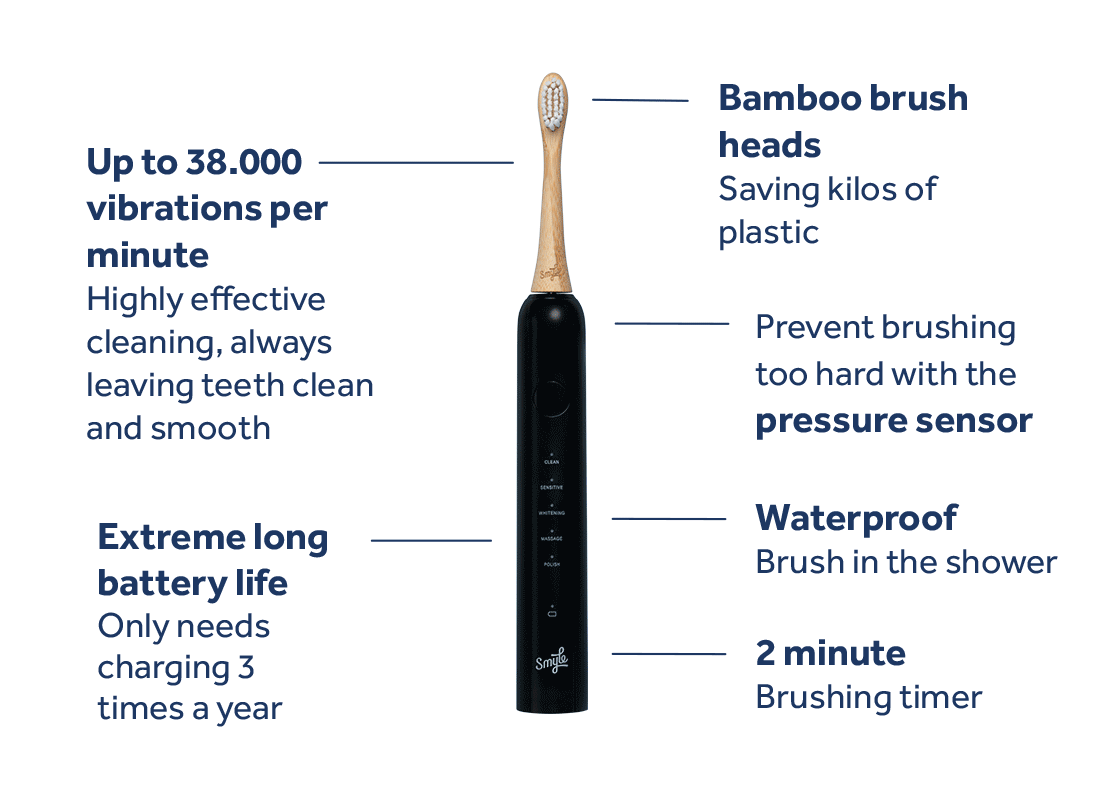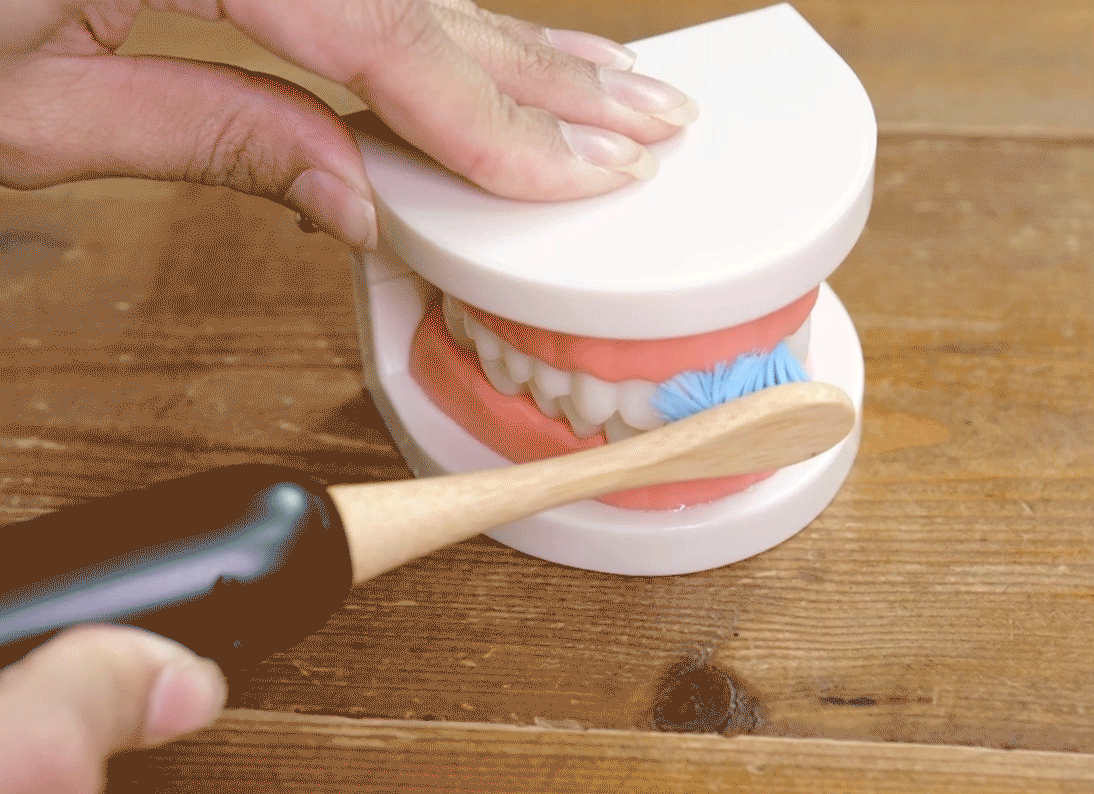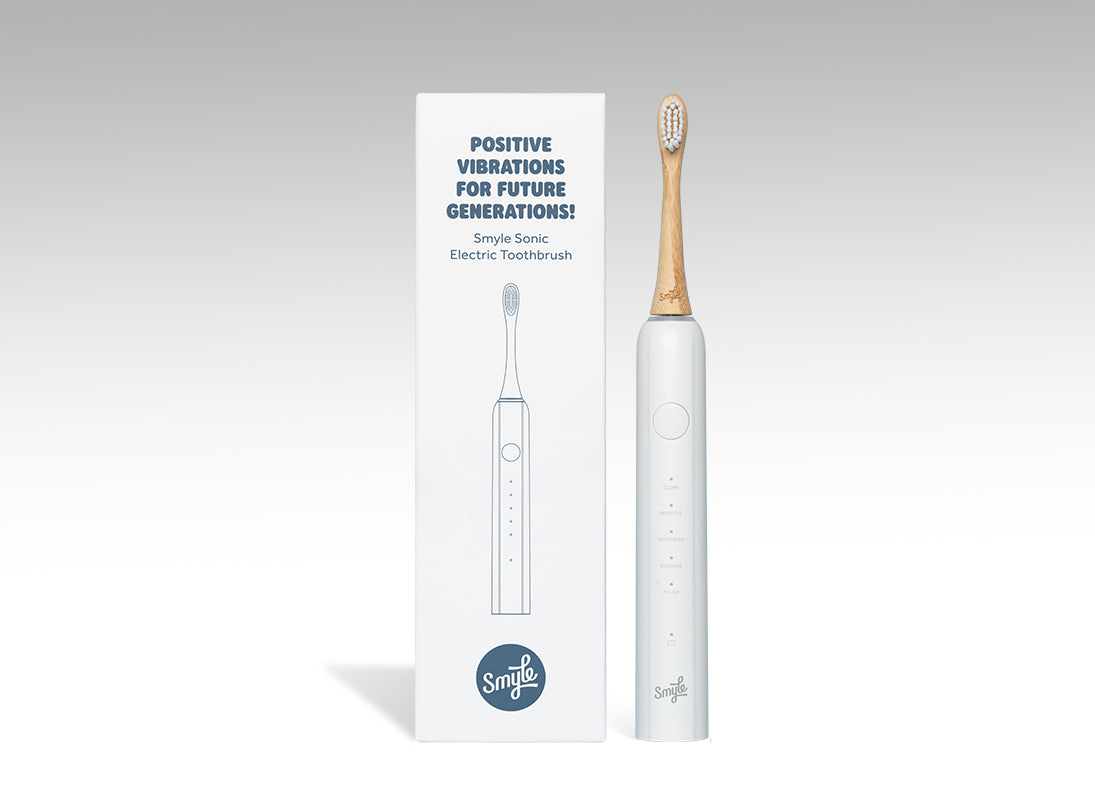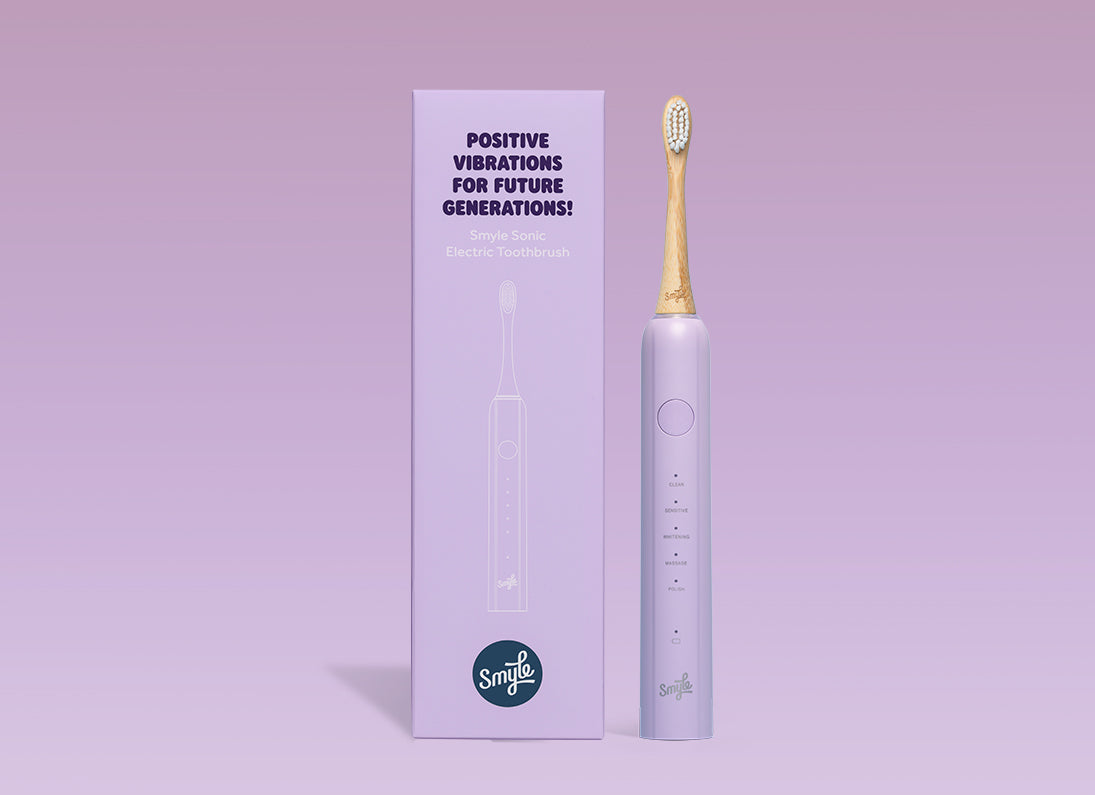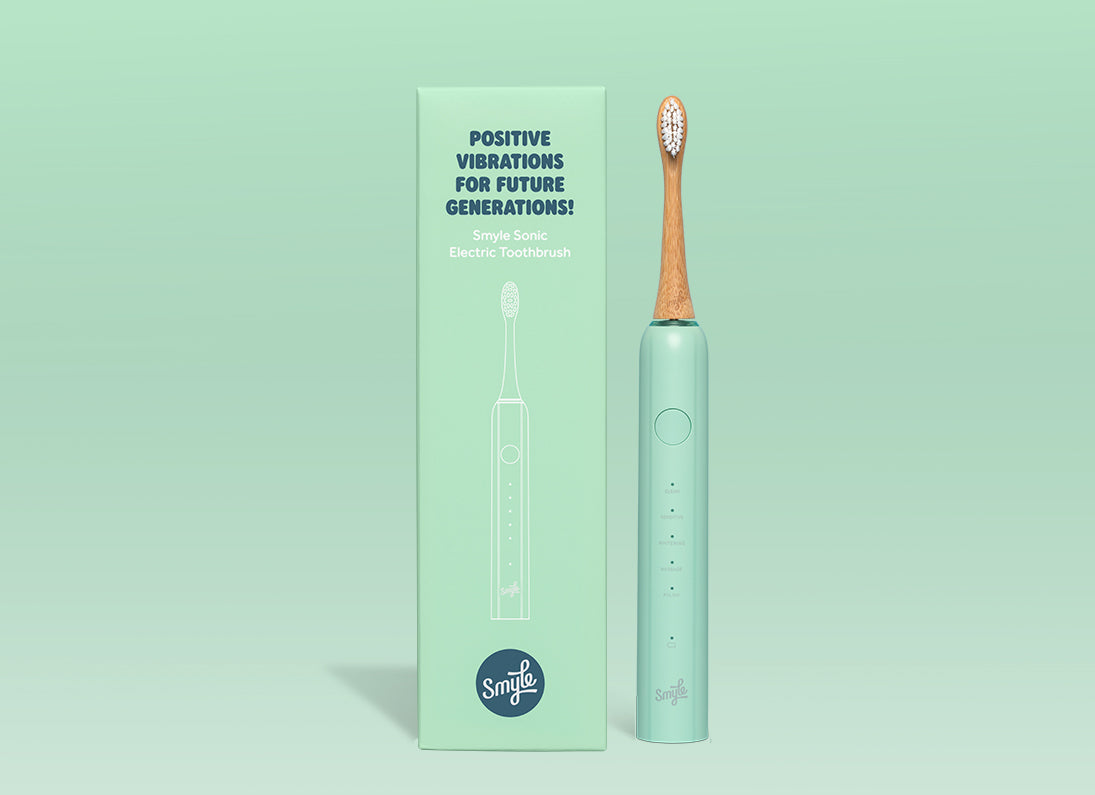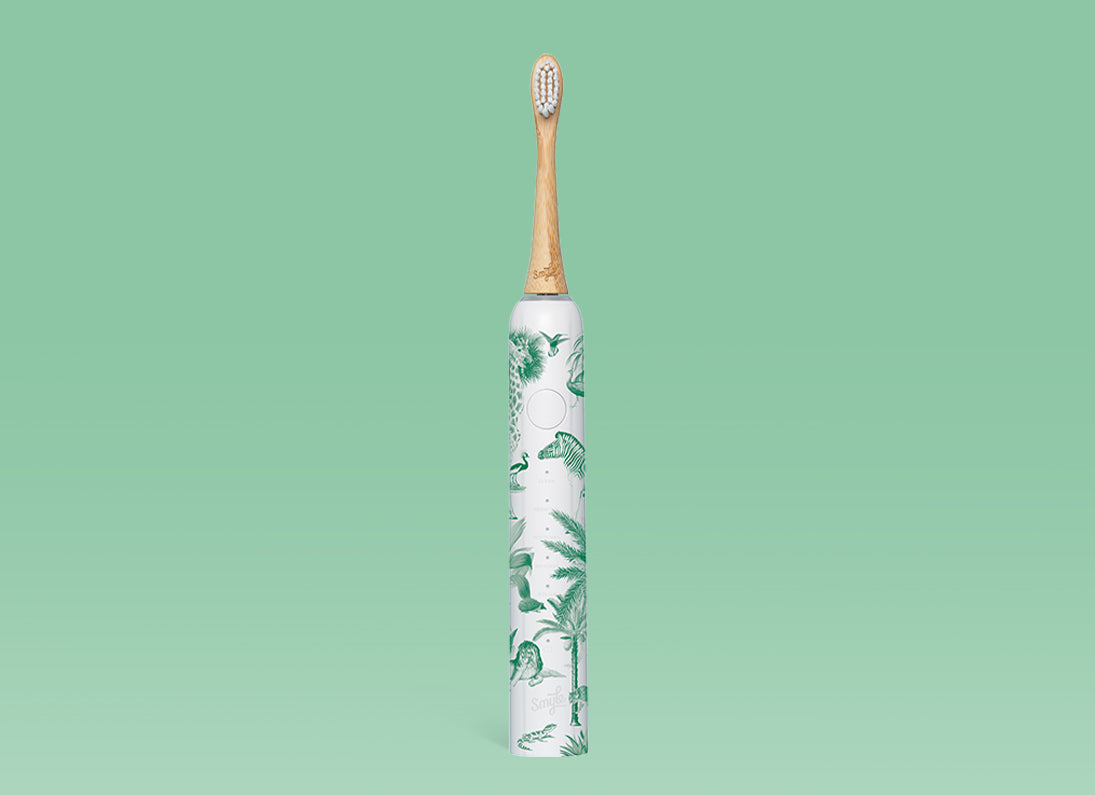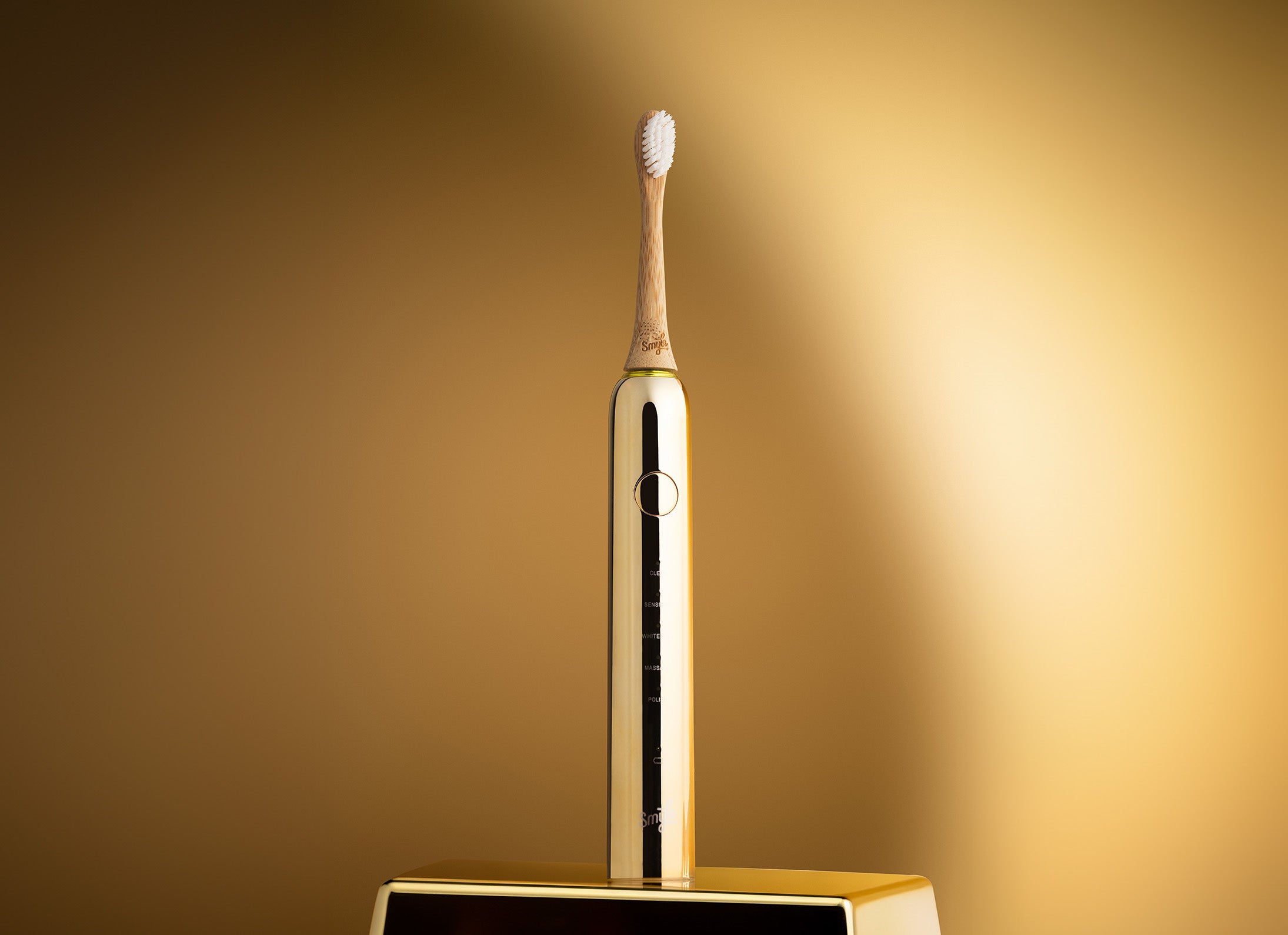
Tonsil stones, also known as tonsilloliths, are small, whitish-yellow, hard lumps that form in the tonsils, the soft tissues at the back of the throat. While they are often harmless, they can negatively impact oral health and overall well-being. Therefore, it’s important to understand exactly what they are and their possible effects. Not only can tonsil stones cause an unpleasant odor, but they can also lead to dental complications, such as tooth decay and infections. Additionally, they may cause a sore throat and make swallowing difficult. By learning more about these stones, we can take proactive steps to treat and prevent them, improving oral health and, of course, reducing discomfort.
What are tonsil stones?
Tonsil stones, or tonsilloliths, are small, hard lumps that form in the tonsils, the glands at the back of the throat. They are caused by the accumulation of various bacteria that nest in the tonsil crypts. These crypts are small pockets or grooves in the tonsils. When these particles accumulate and are not fully rinsed away, tonsil stones form. They are typically white or yellow in color and can vary in size. While the exact cause of these stones is not fully known, certain factors can contribute to their formation. Chronic inflammation of the tonsils, for example, can lead to enlarged tonsil crypts, increasing the likelihood of developing this condition. Other factors, such as poor oral hygiene, smoking, and an abundance of bacteria in the mouth, can also contribute to the formation of tonsil stones. Understanding how tonsil stones form is important so you can take effective treatments and preventive measures.
The impact of tonsil stones on health
Tonsil stones can have a significant impact on your oral health. First and foremost, they often cause very bad breath, also known as halitosis. Composed of various bacteria, food particles, and other build-ups, they produce an unpleasant odor when they gather in the tonsils. This smell can be very bothersome and affect one’s self-confidence and social interactions.
Additionally, these annoying tonsil stones can cause dental complications. If not removed in time, they can lead to the formation of plaque and tartar. This, in turn, can lead to tooth decay, gum inflammation, and even gum diseases such as gingivitis or periodontitis. Therefore, it is crucial to treat and remove tonsil stones effectively to prevent these dental complications.
Moreover, there is a connection between tonsil stones and a sore throat. The presence of stones in the tonsils can cause irritation and inflammation, which may lead to a sore throat and discomfort when swallowing. Some people also experience a lump sensation in the throat, coughing, or a sore throat as a result of these particles. It’s important to understand this connection so that the right steps can be taken to treat them and alleviate the symptoms.
Overall, it is clear that tonsil stones can have a negative impact on oral health. They can lead to bad breath, dental complications, and sore throats. Therefore, it is essential to be aware of what they are and their potential consequences.
Diagnosing Tonsil Stones
There are several approaches available to diagnose tonsil stones. First, self-examination techniques can be used to detect their presence. This includes carefully inspecting the tonsils in a mirror for the presence of white or yellow lumps or spots. Additionally, rinsing the mouth with a saline solution may help remove any loose stones and provide a better view of the tonsils. If tonsil stones are suspected or if symptoms persist, it is important to consult a dentist for an accurate diagnosis, help, and advice. These healthcare providers can perform a thorough examination of the oral cavity and may use special instruments to inspect the tonsils. Additionally, medical tests may be considered to detect their presence and extent. These tests could include an X-ray, a CT scan, or even a throat culture to rule out infections. By combining these diagnostic methods, tonsil stones can be effectively identified, and appropriate treatment can be proposed.
Treatment Options for Tonsil Stones
There are several treatment options available for people suffering from tonsil stones.
Good Oral Hygiene
First and foremost, there are self-care measures and preventive techniques that can help. Maintaining good oral hygiene and regularly rinsing the mouth with a saline solution can help remove certain bacteria and food particles that contribute to the formation of tonsil stones. Additionally, it is important to regularly clean the tongue and use a tongue scraper, as bacteria can accumulate there and contribute to bad breath. Furthermore, keeping the mouth moist, such as by drinking plenty of water (which we hope you're already doing), can help stimulate saliva production, which in turn can help prevent tonsil stones.
Professional Treatments
For those who don’t find relief with the above self-care measures, several professional treatments are available that you may consider. One option is a tonsillectomy, a surgical procedure in which the tonsils are completely removed. While this procedure can be effective in preventing future tonsil stones, it is usually only considered when other treatments have not been successful or when there are other complications. A less invasive professional treatment is tonsil cryolipolysis, which uses a laser to remove the stones without removing the tonsils themselves. This procedure is focused on vaporizing the tonsil stones and reducing the deep tonsil crypts where the stones form.
Choosing the right treatment option depends on the severity of the tonsil stones, the frequency of recurring symptoms, and the individual situation of the patient. It is important to consult a doctor or dentist for an accurate diagnosis and to determine the most appropriate treatment option. By selecting the right treatment, those suffering from tonsil stones can find relief and improve their oral health.
Tips for Preventing Tonsil Stones
To prevent tonsil stones, it is really important to maintain good oral hygiene. This means not only brushing your teeth daily with fluoride toothpaste and a suitable toothbrush but also regularly flossing, using a tongue scraper or interdental brushes to remove plaque, and rinsing your mouth with the appropriate mouthwash. By keeping your mouth clean regularly and properly, you reduce the buildup of bacteria and food particles in the tonsil crypts, which can lead to the formation of tonsil stones.
In addition to maintaining good oral hygiene, it is also very important to attend regular dental check-ups. During these visits, the dentist can thoroughly examine your mouth and identify any signs of tonsil stones before they become problematic. This way, the dentist can hopefully warn you well in advance. Additionally, the dentist can perform professional cleanings to remove plaque and other bacteria that may accumulate in the tonsil crypts. By staying in regular contact with your dentist, you can proactively maintain a healthy mouth and address potential issues early on.
By maintaining good oral hygiene, attending regular dental check-ups, and avoiding these risk factors, you can significantly reduce the chance of developing tonsil stones and improve your oral health. However, it is important to note that if you continue to experience issues with tonsil stones despite these measures, it is advisable to seek professional advice from a dentist to receive appropriate treatment.
Frequently Asked Questions About Tonsil Stones
To better understand the problems and consequences of tonsil stones, here are a few frequently asked questions that might come to mind:
Can I remove tonsil stones myself?
Yes, for some people, it is possible to gently remove tonsil stones on their own. There are several techniques you can try. A common method is gargling with warm salt water. This can help loosen the stones and make them easier to remove. Another option is rinsing with mouthwash that has antibacterial properties, as this can help reduce bacteria in the tonsil crypts and decrease the formation of tonsil stones.
Gently pressing on the tonsils with a cotton swab can also help remove tonsil stones. It is important to be careful and avoid applying excessive pressure to prevent damaging the sensitive tissues in your throat. If you decide to try this method, make sure to wash your hands thoroughly and use a clean cotton swab.
However, it’s important to note that not everyone is able to remove tonsil stones themselves, and self-removal is not always effective. Additionally, incorrect techniques or applying too much pressure can lead to irritation, injury, or infection. Therefore, it is advisable to seek advice from a dentist before attempting self-removal. They can guide you on the correct methods and techniques for safely and effectively removing tonsil stones. In some cases, professional help may be needed to thoroughly and safely remove the tonsil stones.
How long does it take for tonsil stones to form?
The time it takes for tonsil stones to form can vary significantly. Some people may experience symptoms within weeks of developing tonsil stones, while for others, it may take months before the symptoms become noticeable. Several factors play a role in the speed of formation.
Firstly, oral hygiene is an important factor. If you don't regularly clean your mouth and plaque builds up, it can lead to an increased accumulation of bacteria and food particles in the tonsil crypts. This can accelerate the formation of tonsil stones.
It’s important to note that the speed of tonsil stone formation can vary from person to person. Some individuals may be at higher risk for developing tonsil stones and may develop them more quickly, while others may be less prone. Maintaining good oral hygiene and attending regular dental check-ups are crucial for reducing the formation of tonsil stones and addressing any problems in a timely manner.
Can I get tonsil stones if I’ve had my tonsils removed?
In most cases, tonsil stones are associated with the presence of the tonsils. If you’ve had your tonsils removed, the likelihood of developing tonsil stones is significantly reduced. However, there may still be cases where small remnants of tonsil tissue are left behind, and tonsil stones could form.
Are tonsil stones contagious?
No, they are not contagious. They are not spread through contact with others or by sharing food or drinks.
Can eating certain foods cause tonsil stones?
While there is no specific food that directly causes tonsil stones, foods with strong odors such as garlic, onions, and spices can worsen the bad breath associated with tonsil stones.
Will tonsil stones go away on their own?
Tonsil stones may sometimes go away on their own, especially if you maintain good oral hygiene practices. However, it’s important to note that this is not always the case, and some people may experience persistent issues even with good oral care.
Remember that these answers provide general information, and it is always best to seek advice from a professional for specific questions about your situation with regard to tonsil stones.
Take action if necessary
Now that you're well-informed about tonsil stones and know everything you should about them, you understand that they not only cause very unpleasant odor but also various dental complications and sore throat. Fortunately, there are several treatment options available, ranging from self-care measures to professional interventions, that can help reduce and remove tonsil stones. It is essential to maintain good oral hygiene and visit the dentist regularly to prevent the formation of tonsil stones. However, if you continue to suffer from tonsil stones, don't hesitate to seek professional advice. By taking action and addressing tonsil stones, you can achieve fresher breath and improved oral health.




